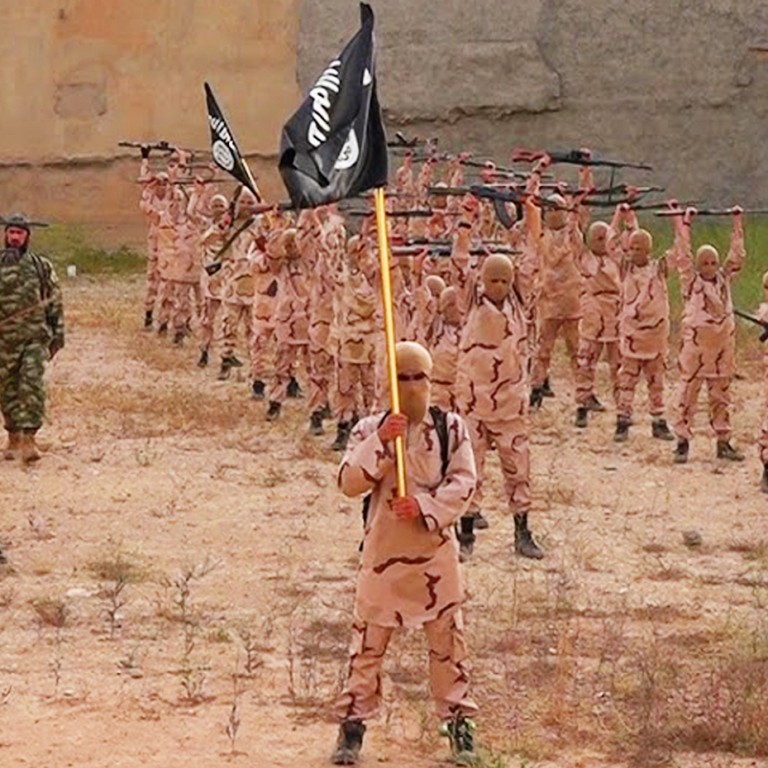
Global cooperation key to defeating Islamic State
The Islamic State has confined its territorial push to Syria and Iraq and most of the attacks carried out in its name take place in the Middle East.
The Islamic State has confined its territorial push to Syria and Iraq and most of the attacks carried out in its name take place in the Middle East. But its appeal to radicalised Muslims around the world makes its reach global and that requires a global approach to tackling its threat. Governments have to work more closely together to stop recruits, block flows of funding and share intelligence. It is easier said than done; such measures require political will, concerted efforts and well-balanced strategies.
Asia is especially vulnerable. More than half of the world's Muslims live in the region and volatile parts of Afghanistan, Pakistan and the states of Central Asia are especially fertile recruiting grounds. China is understandably worried; hundreds of mostly Muslim-majority ethnic Uyghurs in Xinjiang are among the 25,000 foreigners from more than 100 countries who have left to join IS or its affiliates. A further 1,000 have been identified as having gone from Southeast Asia, with Indonesia, Malaysia and the Philippines the main sources. Stability is threatened if they return with fighting skills and extremist ways.
Governments have a challenging task coming up with viable strategies. Under-estimating what is required exposes citizens to terrorism, while over-estimating could cause outrage, prompting a backlash. There has to at all times be sensitivity to the traditions of Muslim populations. Singaporean Prime Minister Lee Hsien Loong, in May in his keynote speech at Asia's premier annual security forum, the Shangri-La Dialogue, warned that IS could set up a base in the region and gave the sobering message that the struggle would last for generations.
His British counterpart, David Cameron, this week laid out a five-year strategy to counter extremism, putting the focus on those radicalising young Muslims and internet companies. Social media is an integral part of IS' recruitment and propaganda. But there is no specific profile of a foreign fighter and complex reasons drive people to join extremist groups. What is certain, though, is that numbers are rising.
Barely a day passes without another IS strike, a plot being uncovered or arrests made. About 60 countries have joined the coalition to fight IS through military support, intelligence and funding. Measures against terrorist fighters and sources of IS financing have been taken by the United Nations Security Council. But for efforts to be effective, governments have to improve laws, surveillance and above all, cooperation.

